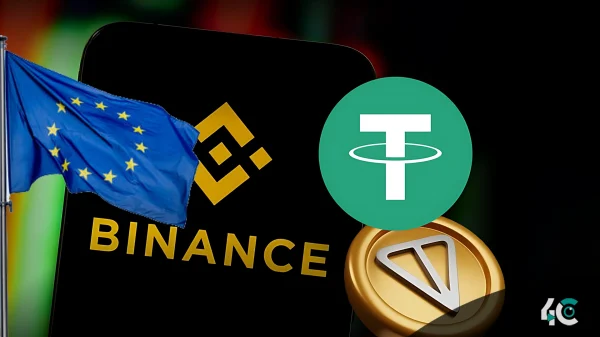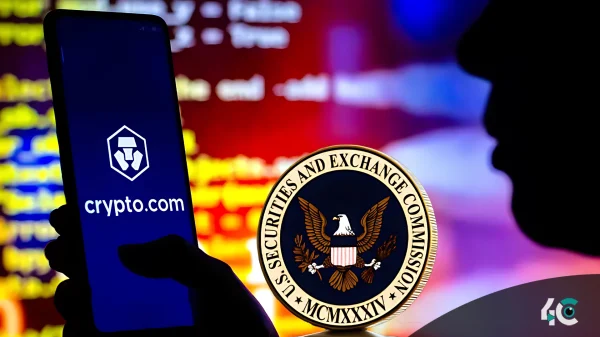The difference between commodities and securities may sound like just legal wrangling, but it is critical. If commodities are classified as securities, then the Commodity Futures Trading Commission (CFTC), which regulates markets for commodities such as wheat and power, would have jurisdiction over Bitcoin and other cryptocurrencies. Such classification usually means less regulation with a focus on preventing fraud and manipulation and not imposing strict investor protections.
On the other hand, labeling a cryptocurrency as a security would mean that it falls under the Securities and Exchange Commission (SEC). The SEC has stringent disclosure requirements and safeguards to protect investors. Classifying cryptocurrency projects as securities could result in significant compliance costs and potential trading bans.
The implications are apparent: billions in funding and the arrangement of the crypto ecosystem are at risk.
The SEC vs. Crypto Projects.
For many years, the SEC has aggressively suggested that various cryptos, particularly those obtained through initial coin offerings (ICOs), are securities. In 2023, the agency ramped up its efforts, suing a host of companies like Ripple Labs for selling unregistered securities.
Gary Gensler, the SEC Chair, says that “most crypto tokens are securities,” and there should be more regulations as retail investors are being scammed and becoming victims of volatility. However, critics argue that this approach hinders innovation and incentivizes businesses to relocate to more favorable regions.
The CFTC’s Push for Broader Jurisdiction.
At the same time, the CFTC has been a more crypto-friendly regulator and is arguing for more authority. Advocates of this viewpoint assert that Bitcoin and Ethereum operate more like commodities than securities, which makes them decentralized. They argue that too much regulation will stifle tech progress and push innovation underground.
Congress has also weighed in with bipartisan efforts to clarify the regulatory framework. New law proposals like the Digital Commodities Consumer Protection Act are working to define certain cryptos as commodities, which gives the CFTC more jurisdiction and creates basic consumer protections.
A Global Patchwork of Rules.
The lack of international consensus adds to the complexity. While the US is making decisions, countries such as Switzerland and Singapore are welcoming startups and fostering innovation. Some nations, like China, have outright banned cryptocurrencies. This mix of regulations complicates global markets and raises questions about how countries will collaborate—or oppose each other—in regulating finance.
What’s Next for Crypto Regulation?
While regulators and lawmakers are working on this, they will decide the fate of cryptocurrency and the finance system. Will cryptocurrencies make finance more fair, or will they face more regulations and rules?
For now, clarity seems distant. In this uncertainty, investors, developers, etc. must be careful. There is no doubt that defining cryptocurrencies as either a commodity or a security will not only be a matter of semantics but also a battle for the digital economy.
The crypto industry remains in a state of uncertainty, awaiting the outcome of the battle.















































